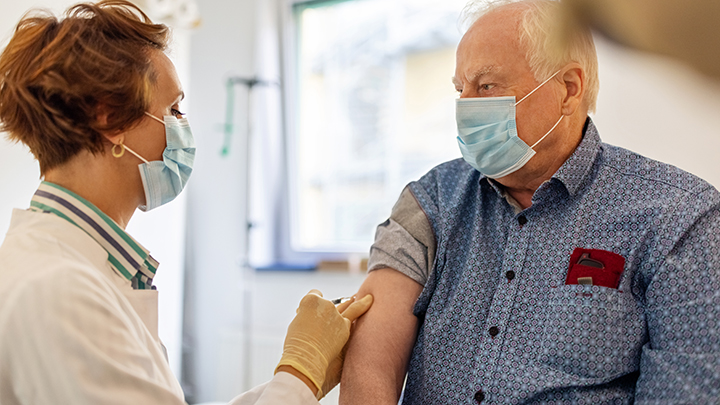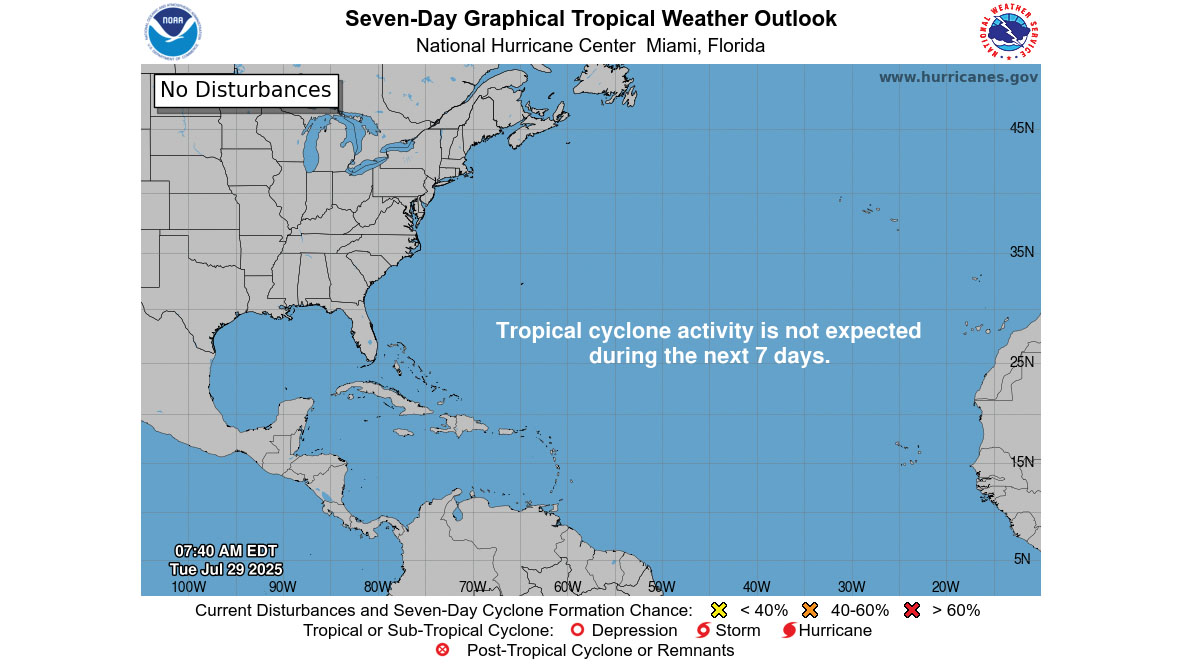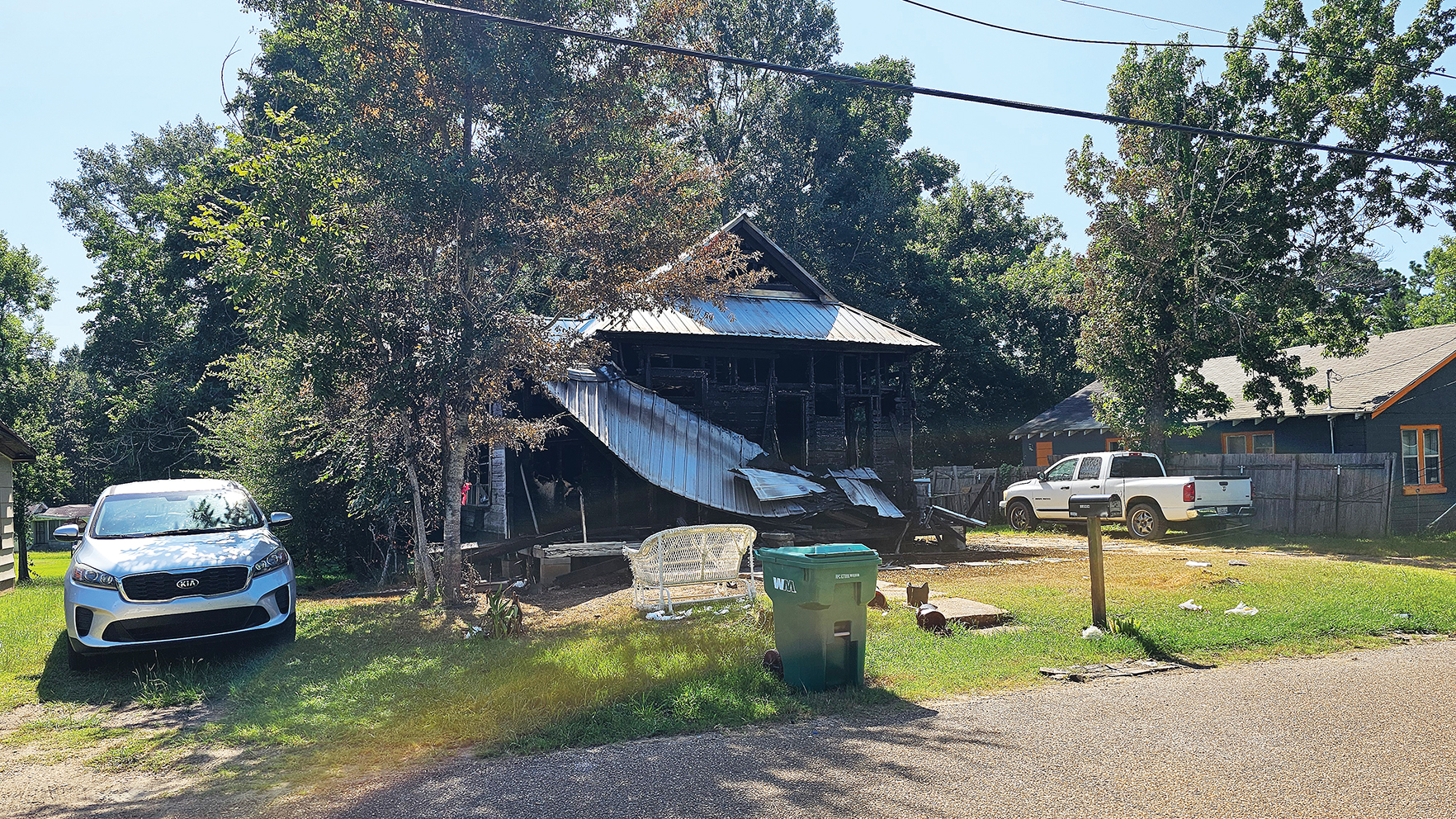You asked: Can life go back to ‘normal’ now?
Published 11:00 am Wednesday, March 10, 2021

- File photo People are considered fully vaccinated two weeks after having received the single-dose vaccine or two weeks after receiving the second dose of a two-dose vaccine.
Many people with concerns about the COVID-19 virus want to know if getting fully vaccinated means life for them can go back to “normal” — or at least to something more like everyday life prior to the 2020 start of the pandemic.
According to the Centers for Disease Control and Prevention, COVID-19 vaccines are effective at protecting people from getting sick.
“Based on what we know about COVID-19 vaccines, people who have been fully vaccinated can start to do some things that they had stopped doing because of the pandemic,” a statement from the CDC this week said.
Trending
Because the study of how vaccines affect the spread of the coronavirus is still ongoing, the CDC recommends wearing a mask in public, keeping a 6-foot social distance, and avoiding crowds and poorly ventilated spaces until more is known.
“We simply recommend our community follow the CDC guidelines,” said Alvin Hoover, CEO of King’s Daughters Medical Center in Brookhaven.
People are considered fully vaccinated:
• Two weeks after their second dose in a two-dose series (Pfizer or Moderna)
• Two weeks after their single-dose vaccine (Johnson & Johnson’s Janssen)
If it has been less than two weeks since getting vaccinated, or if the second shot has not been received, full protection has not been reached.
Trending
What has changed
for the vaccinated
You can gather indoors with fully vaccinated people without wearing a mask.
You can also gather with unvaccinated people from one other household — such as relatives who all live together — without masks unless any of those people or someone they live with has increased risk for severe illness from COVID-19.
If you have been around someone with the virus, you do not need to stay away from others or get tested unless you have symptoms. Those who live in a group setting, however — like a group home, or detention or correctional facility — and are around someone who has the virus, 14-day quarantine and testing is recommended even if you don’t show symptoms.
“The CDC guidelines are loosened up a little for fully vaccinated individuals in small private settings like their homes, so there are some situations where they can safely visit without masking,” Hoover said. “Fully vaccinated people can also refrain from quarantine and testing following a known procedure if they remain asymptomatic.”
What has not changed
Masking, social distancing and avoiding crowded or poorly ventilated spaces are all still recommended when in public, gathering with unvaccinated people from more than one other household, or visiting with unvaccinated people who have elevated risks.
Medium to large gatherings should be avoided, the CDC suggests. Travel, whether domestic or international, should be delayed or CDC requirements and recommendations followed.
Guidelines for all workplaces and businesses should still be followed, and fully vaccinated people should still take proper steps if they develop COVID-like symptoms.
“The Mississippi Alert Network issued an alert for healthcare providers on March 4,” Hoover said. “KDMC is following the guidelines of that alert which require us to maintain social distance in our facilities, and for our employees, patients and visitors to wear a mask in our facilities.”
Hoover said the hospital had only six inpatients one week ago with COVID, and only two in the intensive care unit. The number has doubled since — 12 inpatients, with five of those in ICU.
“This leads me to believe we are not yet out of the woods as far as the virus is concerned,” he said. “We continue to provide BAM antibody therapy in our ER for COVID-positive patients who don’t require hospitalizations. We are typically administering six to 10 doses per day.”
Vaccinations are available
Those currently eligible for vaccination in Mississippi are state residents — or out-of-state residents who work in Mississippi — who meet certain qualifications.
Teachers, staff and employees of K-12, preschool or childcare settings are eligible, as are long-term care facility residents and staff, healthcare workers and adults aged 50 and older. People ages 16-49 with qualifying chronic health conditions also can receive the vaccine. The conditions are cancer, chronic kidney disease, COPD, Down syndrome, heart conditions, immunocompromised state from organ transplant, obesity and severe obesity, pregnancy, sickle cell disease, smoking, diabetes and other conditions determined by a person’s physician.
Free vaccinations are available at any of the Mississippi State Department of Health drive-through sites. Those closest to Lincoln County are:
• Lawrence County — Senior Center, 1441 FE Sellers Hwy., Monticello, Tuesday-Thursday.
• Pike County — Edgewood Mall, 1722 Veterans Blvd., McComb, Monday-Tuesday, Friday.
As of Tuesday, there were 800 first-dose appointments available in Lawrence County and 2,390 available in Pike County. More than 36,000 appointments were available statewide.
A full list of drive-through sites can be found at msdh.ms.gov. Appointments can be made through the website or by call 877-978-6453.
Vaccinations are also provided through the following medical centers or pharmacies in Brookhaven:
• King’s Daughters Medical Center, 427 Hwy. 51 N, 601-835-9157
• Walmart Pharmacy, 960 Brookway Boulevard, walmart.com/cp/1228302
• The Medicine Shoppe Pharmacy, 428 Hwy. 51 N, 601-833-7455
• Family Healthcare Clinic, 290 Hwy. 51 N, 601-823-1710
“MSDH is typically providing 200-300 first doses of vaccine for KDMC to administer each week,” Hoover said. “To date, we’ve given over 4,000 first doses, including to healthcare workers and first responders.”





